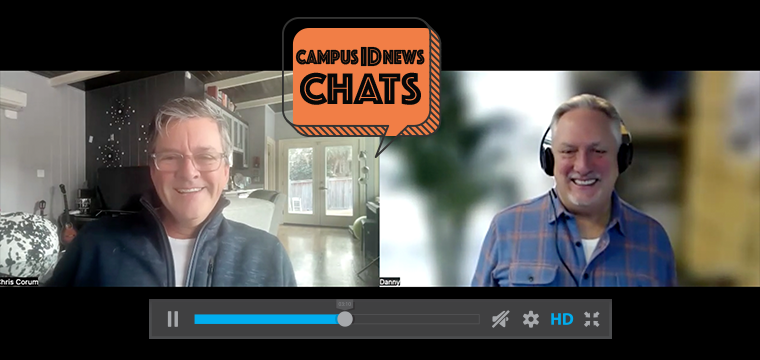While many campuses work with third parties, these institutions found success going it alone
In a recent NACCU webinar titled Autonomous Markets in a Campus Setting, Mercer’s Ken Boyer and Denver’s Scott Murray share their experiences creating self-serve, unmanned convenience stores.
The concept is simple. The student shows their campus card, mobile credential, or mobile app to prove identity before entering the store. The payment method of choice – declining balance, debit or credit card – is selected. When shopping is complete, the student uses self-checkout and leaves the store without any interaction with staff.
Last year, the 12 unattended markets generated $180,000 in commissions with no additional labor cost. The existing cashiers that previously staffed the three traditional markets now stock all 12 unstaffed markets.
Mercer University’s Associate VP for Auxiliary Services Ken Boyer details the series of 12 self-serve, unstaffed “micro markets’ on campus.
His office was requested by the student government association to explore 24-hour dining options, and these markets were created to fill the need. Boyer says Mercer evaluated two options: self-op with the help of their partner Transact or contract it out with a company that builds autonomous locations for others. He opted for self-op.
Locations include classroom buildings, libraries, and residence halls.
Four cameras and a video screen ensure shopper know that they are being watched. It is working as they experienced less than a 3% shrink rate last year.
Products are provided by Mercer’s existing contractors. Coke fills beverages; dining services supplies fresh foods from Einstein’s bagels, Which Wich, Starbucks, etc.; and the campus bookstore provides school supplies and emblematic merchandise.
Prior to 2022, they had 3 staffed markets open 6 days a week, 8-12 hours per day. These traditional locations made $71,000 in commissions for the university. Last year, the 12 unattended markets generated $180,000 in commissions with no additional labor cost. The existing cashiers that previously staffed the attended markets now stock all 12 markets.
At the University of Denver, Scott Murray, Systems Specialist in the Pioneer ID Card Office had his own autonomous journey.
Denver has two full blown convenience store locations that Murray describes as “90% of a 7-Eleven.”
To learn more about the programs at Mercer and University of Denver, click on the image at the top of this page to watch the video.




